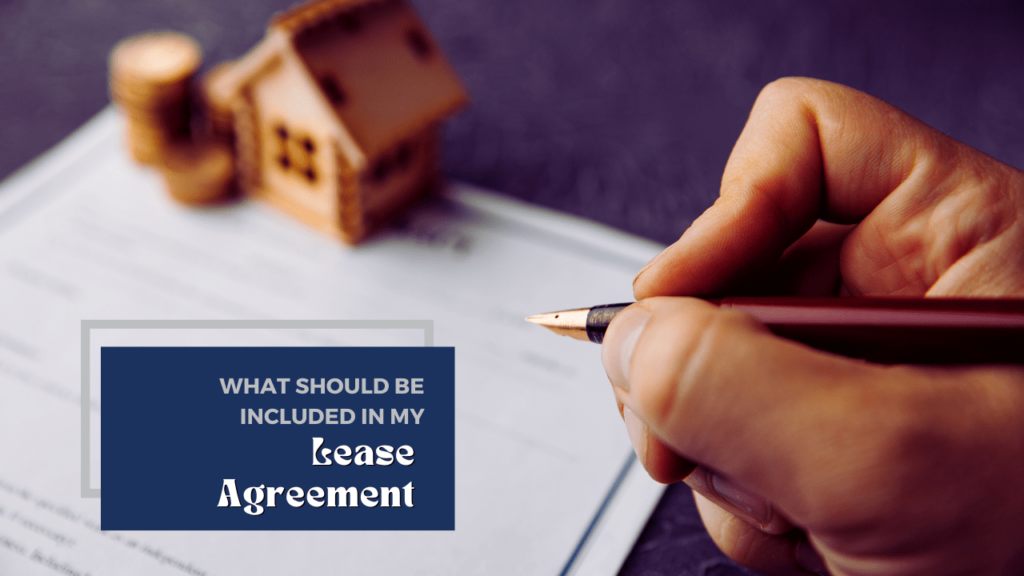
When was the last time you wrote a lease agreement?
Hopefully, you’re not writing leases yourself. It’s probably a better idea to use a template provided by a professional Roanoke property manager or an expert in landlord/tenant law.
You need a strong lease, one that serves as the legal document between a landlord and tenant. A lease lays out the terms and conditions of renting your property.
Lease agreements are standard, and you always want to have one in place when you’re renting out a home. You don’t want to leave anything to chance during the tenancy. Don’t rely on verbal leases. Put all of your requirements and rules in writing, and make sure your tenants understand what they’re signing.
Leases will vary based on the property and the needs of the landlord and the tenant. Most leases will include basic information like:
| Description of the rental property | Start and end date of the residency |
| Rental price | Consequences for nonpayment of rent |
Lease agreements help landlords and tenants protect their interests and avoid disputes.
Without a lease agreement, you may be at risk of losing rent money, taking on unnecessary liability and risks, and battling against illegal activity happening at your property.
You need an enforceable lease agreement. Here are some of the things to include in that lease agreement.
Where to Get a Virginia Lease Template
Before we talk about what you need to include in your lease agreement, let’s talk about where you should get your template.
Because simply downloading anything you find on the internet is dangerous.
Most of those sample lease agreements are not state-specific. You could find yourself working with a lease that was written for New York or Florida or California or Oklahoma. You need a lease template that is written according to Virginia rental laws. It has to be enforceable here. It has to be compliant with all of Virginia’s landlord and tenant laws.
Some suggestions on where to go for your template:
- Lawson Realty Group
- Any Roanoke property manager
- Real estate attorneys who specialize in landlord tenant law in Virginia
- Rental associations and organizations
If you show up in court trying to evict a tenant or defend yourself against a security deposit dispute and you don’t have a lease that’s enforceable and compliant, you’re going to find yourself in some pretty deep legal trouble.
Use the right lease.
Page One, Paragraph One
Identify the Parties
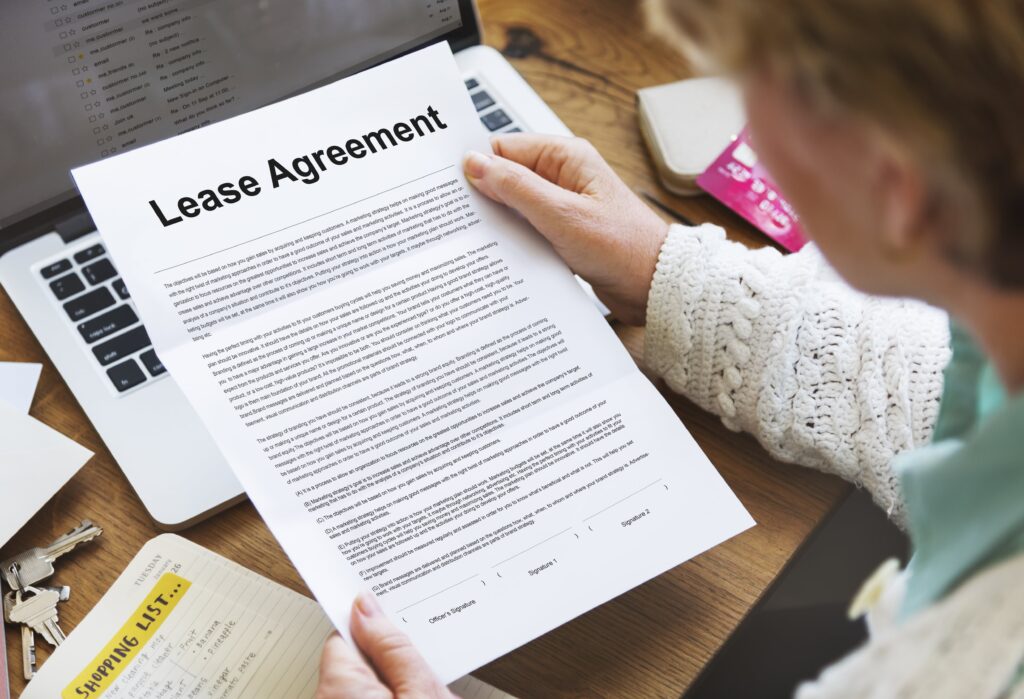
What comes first? Identifying the owner, tenants, and the property itself.
This is pretty obvious. You don’t have to be a Roanoke property manager or an expert landlord to know that the fundamentals of the lease start with identifying the people who are signing the lease.
- Identify the owner of the property. You must include the property address. Usually, the lease template will say something about the rental home; maybe identifying it as a single-family home or a condo in a particular community or an apartment building. If you’re working with a Roanoke property management company, your lease agreement should also identify them as agents of the owner. Include contact information for all parties, including addresses and phone numbers and email addresses.
- Identify the tenants. Your lease should include their full names, as well as their addresses, which will likely be that of your property. All adults 18 years of age and older who are living in the home should be listed as responsible parties on the lease agreement. These are the individuals you screened and all of them must sign the lease.
Make sure to include something about the limits of occupancy. Only those tenants listed on the lease agreement should be in residence. Your lease should instruct tenants that any new roommates or residents must be approved and screened before they’re allowed to move in.
Include Information on the Lease Term and Renewal Instructions
 Most lease agreements are for a year. Any rental period that’s less than a year would likely have a written rental agreement rather than a lease agreement.
Most lease agreements are for a year. Any rental period that’s less than a year would likely have a written rental agreement rather than a lease agreement.
Your lease must establish a start date and an end date.
You’ll also want to state what happens at the end of the lease term.
- Does it renew automatically?
- Does it convert to a month to month situation?
- How much notice must the tenants give you before they vacate?
Renewal instructions must be clear, and there should be some indication of whether the lease renews automatically or if some action must be taken by the landlord or the tenant.
Strong Leases Reflect the Rent and Security Deposit Amounts
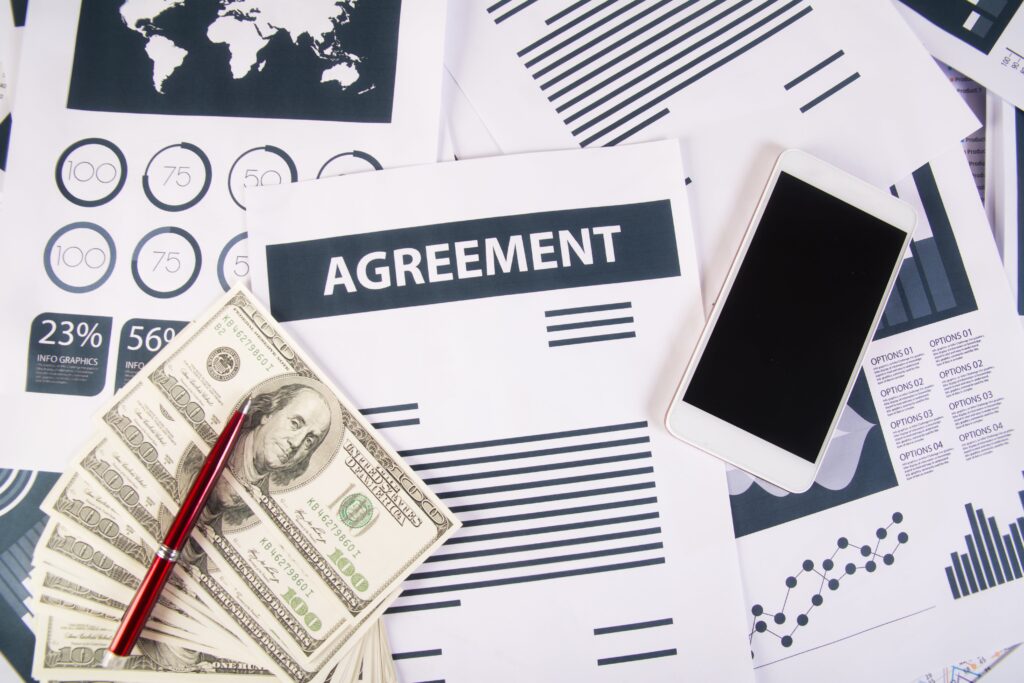
Your tenants know how much rent they’ll be charged. It was probably in your listing and it was surely discussed when they first talked to you.
It’s still important to document the rental amount in your lease agreement.
In fact, the entire rent collection policy should make its way into your lease.
If tenants are confused about how much is owed or how the payments should be made, there may be a delay in getting your rent paid.
Specific the following in your lease agreement:
| How Much Rent is Due Each Month | When Rent is Due and When It’s Officially Late |
| What the Consequences for Late Rent Are | How Rent Should be Paid |
If there’s a grace period, make sure that’s in your lease.
If there’s a late fee or a fee for insufficient funds, mention that in the lease language.
Talk about the security deposit as well. Reference how much was collected, where it’s being held, and when tenants can expect to have it returned.
If you are collecting any other fees or deposits (such as for pets), make sure that amount is reflected in the lease as well.
While we’re on the topic of rent collection, you should say in the lease whether rent can be paid electronically. This is something that most tenants are now looking for. While you don’t have to include complete instructions in the lease agreement, make sure you have it in writing that online rental payments are allowed – and potentially even preferred.
Maintenance Reporting Procedures
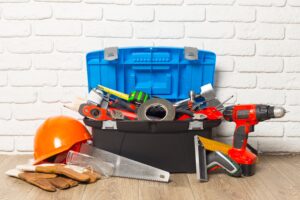 Maintenance is important enough to receive a large section in your lease agreement. Here, you’ll want to sort out who is responsible for maintaining your property. It’s you, of course, but you can expect your tenants to work with you to keep your property in good shape.
Maintenance is important enough to receive a large section in your lease agreement. Here, you’ll want to sort out who is responsible for maintaining your property. It’s you, of course, but you can expect your tenants to work with you to keep your property in good shape.
How do you want your tenants to help you manage maintenance?
You’ll want them to report needed repairs and replacements as soon as an issue is noticed. This protects your property and gives you the opportunity to prevent small problems from becoming large disasters. Your lease should tell tenants what to do if there’s an emergency and how they should notify you of routine repair needs.
Some of the maintenance duties that need to be called out specifically in your lease agreement include:
- Who is responsible for landscaping and lawn care.
- Who should be shoveling snow.
- How pest control is managed.
- If there’s a pool, who cares for the pool.
Maintenance Inspections
Inspections are an excellent idea and they help you protect the condition and value of your investment property. If you include your inspection requirement in the lease agreement, there’s less surprise and confusion when you get in touch with tenants to schedule it.
Access to Vendors
In the maintenance section of your lease agreement, you should also talk about the importance of allowing vendors access to the property. Tenants may need a minimum of 24 hours’ notice, however. And, make sure the lease reflects that if there’s an emergency, landlords and vendors can enter the property immediately, even if the tenant is not home.
Utilities and Appliances

Who is responsible for the utilities in your rental property?
It’s typically understood that tenants will pay their own electric, gas, and cable/internet bills, especially when you’re renting out a single-family home. In multi-family properties, it might be easier for you as the landlord to cover the utilities and then bill tenants a flat fee or a per-usage charge.
You can go either way you want with the electricity and gas. With water, sewer, and trash, you might want to manage the accounts yourself. Whatever you decide, make sure it’s clearly presented in the lease.
Historically, the water, sewer, and trash have been an owner’s expense. Lately, however, it’s something that has transitioned to a tenant expense since it’s tied to usage, and the water bills are based on meter readings. With costs going up for just about everything, even landlords who included utilities at one time are now leaving it to tenants to manage.
You’ll also need to include a list of the appliances you’re providing in your rental property. Generally, you’ll leave the following items in the home for your tenants:
- Refrigerator
- Stove and oven
- Dishwasher
- Microwave oven
- In-unit laundry, i.e. washing machine and dryer
If you provide the appliance, you’re responsible for repairing and replacing it when necessary.
Lease Section on Rules and Requirements
 Your lease needs to be specific about what is allowed at the property and what isn’t. Set up some standards and boundaries around the most common questions that may come up during a tenancy. What will your tenants need to know? They’ll have to understand what is permitted and what is disallowed when it comes to things like:
Your lease needs to be specific about what is allowed at the property and what isn’t. Set up some standards and boundaries around the most common questions that may come up during a tenancy. What will your tenants need to know? They’ll have to understand what is permitted and what is disallowed when it comes to things like:
| Smoking
You can allow or disallow smoking at your rental property. You can restrict it to outdoor spaces or make it completely smoke-free. Whatever you decide, make sure your lease is clear, and be specific about things like vape pens and electronic cigarettes. |
Parking
Parking is especially important when you’re renting out a multi-family property in Roanoke. Whether parking is assigned or open, include it in the lease. Let your tenants know where they should park and where they’re guests should park. |
| Pets
A solid pet policy is required if you decide to consider pets. Offering a pet-friendly property is an excellent idea. It allows you to earn more on your investment and avoid longer vacancies and turnovers. But, pets come with risks. Protect your investment by creating a solid pet policy that reflects pet restrictions, pet fees, pet rent, and pet requirements. |
Guests
Guests are likely to be welcomed at your rental property; tenants are sure to have people visit from time to time. Remember, though, that long term guests can sometimes become more than guests. You want to make sure that if they stay longer than a week or two, you’re aware of who they are. Set limits. Require screening applications and lease additions if guests become residents. |
| Property Changes
Your lease should let tenants know that unauthorized changes to the property are not permitted. You probably don’t want them painting the walls, switching out the appliances, or installing their own pools. |
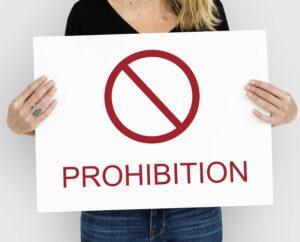 |
Crimes Are Not Okay
Your lease should state that criminal activity is prohibited, and indicate that immediate eviction will be warranted if any illegal activities are detected at your property.
HOA Issues
When your rental property is in an HOA, you should also include a copy of those community rules and regulations as an addendum. Your tenants will be accountable to those standards, and if there’s a violation, you’ll want them to be responsible for it. If you’re renting out a property in a community with amenities such as a clubhouse or a pool, make sure your lease includes those rules and regulations as well. There may be restrictions on who can use the amenities, and you’ll want your tenants to have all the information they need.
Addenda and Disclosures
 Lease agreements should be consistent, but you also have to acknowledge that every property is different. You might have, in your rental property portfolio, one single-family home that includes a pool, for example. Not every lease agreement you produce necessarily has to address pools. But, the lease that goes with that particular home will need some language around pool safety and cleaning requirements.
Lease agreements should be consistent, but you also have to acknowledge that every property is different. You might have, in your rental property portfolio, one single-family home that includes a pool, for example. Not every lease agreement you produce necessarily has to address pools. But, the lease that goes with that particular home will need some language around pool safety and cleaning requirements.
Your addenda should reflect tenant responsibilities, any new or existing laws, and the specifics that are needed for one property in particular. Some of the language in your lease addenda might need to address the following:
| Pools and Hot Tubs or Spas
Renting out a home that has a pool or a hot tub? You’ll need some specifics in the lease. Include the safety requirements, such as a working and latched fence as well as cleaning and maintenance stipulations. Check with your insurance company about any specific language that you’ll need to include around liability and safety. |
Fireplaces and Chimneys
If you’re renting out a home with a fireplace, you’ll need a lease section that addresses safety and maintenance requirements. Again – talk with your insurance agent so you can be sure everything is covered. Add chimney sweeping and inspection to your preventative maintenance list. |
| Mold and Mildew
Mold happens. Sometimes, it’s harmless and sometimes it can come with health hazards and habitability issues. Put something in writing in your lease that reflects the tenant’s responsibility and the owner’s responsibility when it comes to identifying, cleaning, and preventing mold and mildew. |
Bed Bugs
Your lease might need to address bed bugs. While you’re likely not providing actual beds to your tenants, bed bugs can pop up in carpets. Often, tenants will bring bed bugs into your home when they move in. Minimize the risk of infestation with instructions in your lease agreement. |
Legally Required Lease Disclosures
Let’s talk about lead.
The lead-based paint disclosure is required for all lease agreements, per the Department of Housing and Urban Development (HUD) and the Environmental Protection Agency (EPA). You likely have a section of your lease that addresses lead based paint, but if you don’t have that written in there, make sure you include an addendum.
Let’s talk about meth.
You need to let tenants know if your rental property was previously used to produce methamphetamines.
What You DON’T Want in a Roanoke Lease Agreement
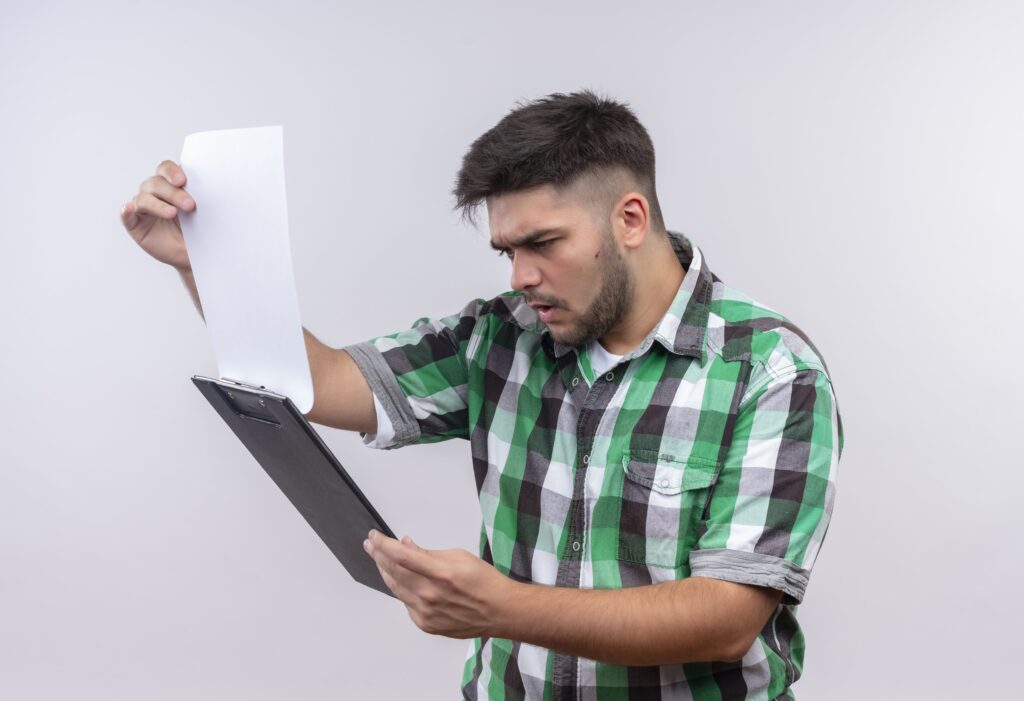
By now, you should have a general idea of what your lease should look like, and which details should be included in it.
What does not belong in your lease agreement?
You don’t want any language that can be seen as discriminatory.
You don’t want language that infers that tenants are responsible for paying to maintain the home when it’s the landlord’s responsibility.
You don’t want to hold tenants financially accountable for general wear and tear issues in your lease.
Here’s What We Learned:
Now you know that the most important part of your lease agreement is that it’s enforceable and compliant according to Virginia law. You know what you need to include and what you need to avoid.
Believe it or not, this is not a complete list. Your lease agreement will be substantive. But, don’t let it get too complicated. Tenants won’t want to read it and they’ll feel like they can’t understand it. Keep things simple.
Need help putting together a lease? Please contact us at Lawson Realty Group whether you’re a new investor or an experienced real estate owner. We manage properties in Southwest Virginia throughout the Roanoke Valley, including Salem, Cave Spring, Hollins, Vinton, Glenvar, and Southwest Roanoke County.
